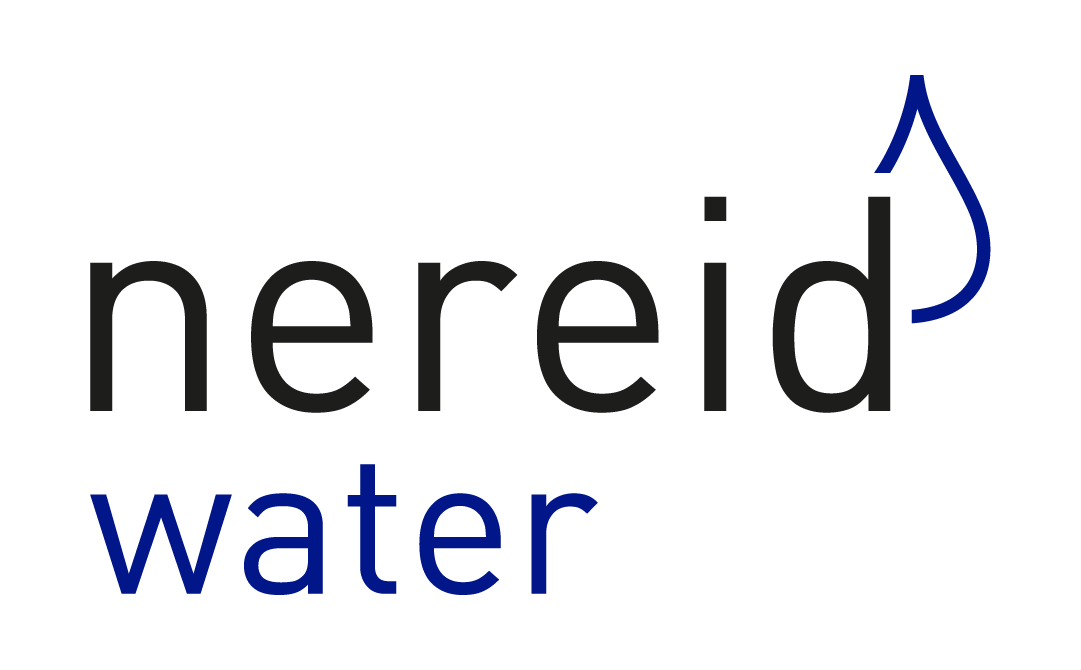Applications
Delivering clean drinking water for all
Access to drinking water sources is a concern accentuated by the global water stress. Setting up a mobile desalination system at the heart of the needs is a viable solution for marginal communities and underprivileged countries. At the time of searching a new reliable water source, desalination comes first. With our technology, not only do we produce freshwater, but we also crystallize sea salt, harnessing resources at its best and providing a secondary valuable resource to local populations.
Conceiving a sustainable future for agriculture
To address the challenges faced by agriculture, we have developed a scalable and replicable model including onsite production of azolla, a highly productive aquatic plant with rich properties, which could be processed into an efficient biofertilizer. It is an autonomous and circular way of farming, as the CrystalGen will supply the freshwater and the Nereid Greenhouse with embedded solar thermal collectors will recover the required heat. This revolutionary model reduces crops vulnerability to climate change. By alleviating stress of land and water use, we can conceive a more sustainable way of farming. The local production of biofertilizer reduces dependence on suppliers and avoids supply chain disruptions. Reinforced food security would empower local communities and generate new opportunities with the creation of clusters, partnerships or cooperatives.
Restoring the natural marine food chain
According to the FAO, approximately 52% of fish stocks were “maximally sustainably fished” in 2019, and 35% were “overfished”. If aquaculture has the potential to reduce pressure from wild fish stocks, the industry is failing to deliver due to its reliance on wildcaught fish. Today, almost one-fifth of the world’s total annual catch of wild fish is processed into fishmeal and fish oil.
Fish meal is currently used at approximately 20% in the aquaculture feed. The remaining 80% is comprised of land based food (such as soymeal, maize, wheat, larvae, meat and bone meal, etc.), breaking the natural marine food chain, and denaturing their dietary intake. The use of cereals in fish feed also mobilizes crops initially intended for human direct consumption, draining precious land and significant water resources.
Aquaculture is facing real challenges in its feeding process. Fish feed is scarce and its costs have highly increased, representing 75 to 90% of the total operating costs of a fish farm. Nereid’s ambition is to locally produce fish feed and to restore the natural marine food chain to tackle the issues faced by the feeding process. Our circular concept includes on site production of biofertilizer to grow natural fish forage.
Revalorizing the industries’ outflows
Using the factory’s waste heat to supply the required energy to our water treatment system an autonomous and more responsible solution. Wastewater would be partly turned into clean water, turning waste into a valuable resource.
Successful crystallization tests have been carried in cooperation with the Remondis Group in Geneva.

Drinking water
Delivering clean drinking water for all
Access to drinking water sources is a concern accentuated by the global water stress. Setting up a mobile desalination system at the heart of the needs is a viable solution for marginal communities and underprivileged countries.
At the time of searching a new reliable water source, desalination comes first. With our technology, not only do we produce freshwater, but we also crystallize sea salt, harnessing resources at its best and providing a secondary valuable resource to local populations.

Climate-Smart Agriculture
Conceiving a sustainable future for agriculture
To address the challenges faced by agriculture, we have developed a scalable and replicable model including onsite production of azolla, a highly productive aquatic plant with rich properties, which could be processed into an efficient biofertilizer.
It is an autonomous and circular way of farming, as the CrystalGen will supply the freshwater and the Nereid Greenhouse with embedded solar thermal collectors will recover the required heat.
This revolutionary model reduces crops vulnerability to climate change. By alleviating stress of land and water use, we can conceive a more sustainable way of farming. The local production of biofertilizer reduces dependence on suppliers and avoids supply chain disruptions. Reinforced food security would empower local communities and generate new opportunities with the creation of clusters, partnerships or cooperatives.

Climate-Smart Aquaculture
Restoring the natural marine food chain
According to the FAO, approximately 52% of fish stocks were “maximally sustainably fished” in 2019, and 35% were “overfished”. If aquaculture has the potential to reduce pressure from wild fish stocks, the industry is failing to deliver due to its reliance on wildcaught fish. Today, almost one-fifth of the world’s total annual catch of wild fish is processed into fishmeal and fish oil.
Fish meal is currently used at approximately 20% in the aquaculture feed. The remaining 80% is comprised of land based food (such as soymeal, maize, wheat, larvae, meat and bone meal, etc.), breaking the natural marine food chain, and denaturing their dietary intake. The use of cereals in fish feed also mobilizes crops initially intended for human direct consumption, draining precious land and significant water resources.
Aquaculture is facing real challenges in its feeding process. Fish feed is scarce and its costs have highly increased, representing 75 to 90% of the total operating costs of a fish farm. Nereid’s ambition is to locally produce fish feed and to restore the natural marine food chain to tackle the issues faced by the feeding process. Our circular concept includes on site production of biofertilizer to grow natural fish forage.

Industrial water treatment
Revalorizing the industries’ outflows
Using the factory’s waste heat to supply the required energy to our water treatment system an autonomous and more responsible solution. Wastewater would be partly turned into clean water, turning waste into a valuable resource.
Successful crystallization tests have been carried in cooperation with the Remondis Group in Geneva.

